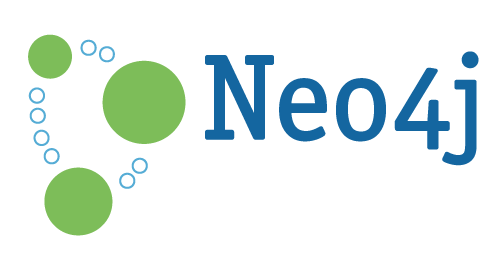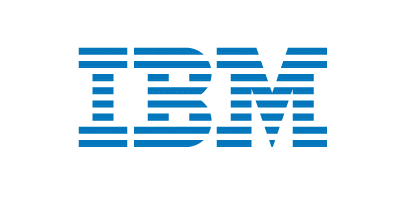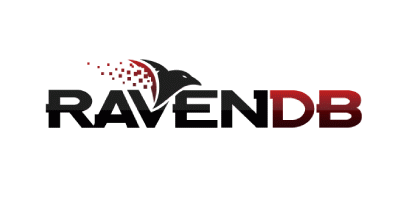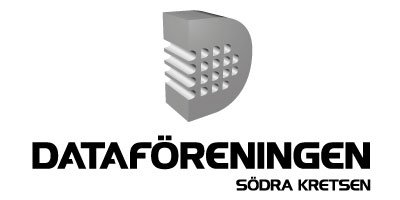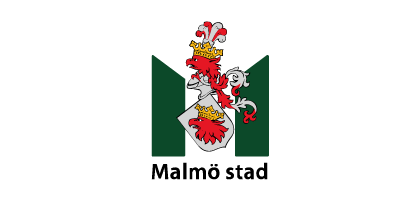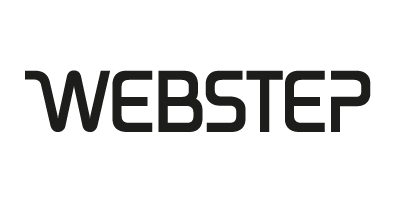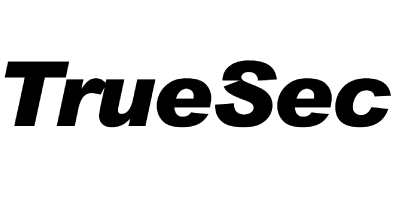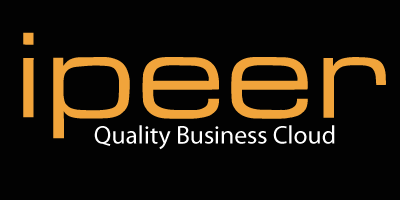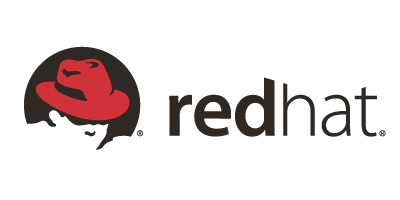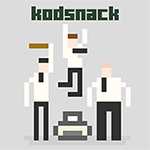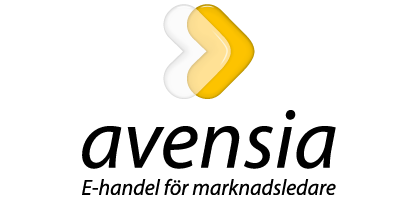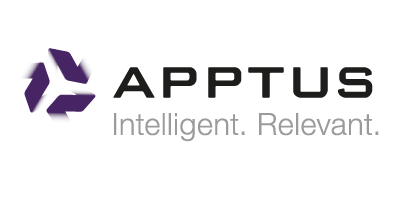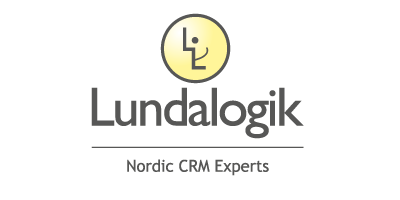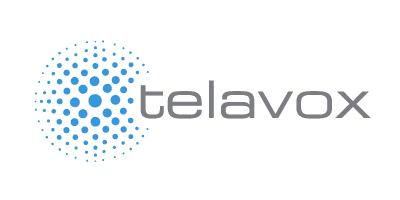Datomic for the 96 Percent - a session at Øredev 2014
THU
15.40 - 16.20
Datomic for the 96 Percent
## Motivation
Traditional SQL databases have great power, via ACID transactions and
via a declarative, logic-based query language (SQL). But SQL
databases encounter problems on the web:
* SQL databases have a rigid information model, and typically a rigid
deployment model. This rigidity creates impedance mismatches both with
development languages and with emerging cloud strategies.
* SQL databases are update-in-place, and forget the history of your data.
* SQL databases struggle with the extremely high write and/or data volumes
that characterize the largest four percent of databases.
Much of the effort of the NoSQL movement has gone to solve the third
problem, the problem of the four percent, under the mantra "web scale".
Datomic solves the first two problems -- with a flexible information model
and a deployment model suited to the dynamic web, and to the cloud.
Datomic is for the ninety-six percent.
## What We Will Cover
Datomic's information model is based on a universal relation, and an
entity abstraction over that relation. The universal relation
eliminates the join keys and join tables imposed by SQL's plethora of
*specific* relations, making queries easier to write, read, and
understand. Entities expose the universal relation as associative
collections, which correspond directly to the navigable, associative
style of OO, eliminating the impedance mismatch and the need for
libraries such as ActiveRecord and Hibernate.
Datomic stores information immutably, and remembers the past. This has
two key benefits:
* You can query as-of now, or as-of other points in time, or across
a range of time.
* The database is an immutable, distributed, cache-friendly value that
can be queried *locally* from any peer process. Queries run "over
here", in your application process space, not "over there" in a
special database process. As a result, query scales horizontally.
Datomic's deployment model is designed for a virtualized world. All
components of the system are designed from the ground up to be
ephemeral. More importantly, Datomic treats storage as a separate
service. You can store your data on the local filesystem during
development, and upgrade to using a SQL database for storage for
production. When you are ready for the cloud, you can store your data
in a distributed storage such as Amazon's DynamoDB, CouchBase, or
Riak.
Datomic's flexibility comes with the expressive power you know and
love in SQL databases. Where the four percent need "web scale", and
the complex programming model imposed by eventual consistency, most
programs would be better off with the traditional values: ACID
transactions and powerful queries. Datomic gives you these in spades:
transactions always run at the highest isolation level (serialized),
and the Datalog query language has greater expressive power than the
relational algebra at the foundation of SQL.
If you are among the ninety-six percent, and manage transactional data
of record on the web, Datomic may be a good fit for you.
## Resources
* 2013 [NFJS slides](https://github.com/stuarthalloway/presentations/blob/master/NFJS_Nov_2013/datomic_for_the_96_percent/DatomicForThe96Percent.pdf?raw=true)

